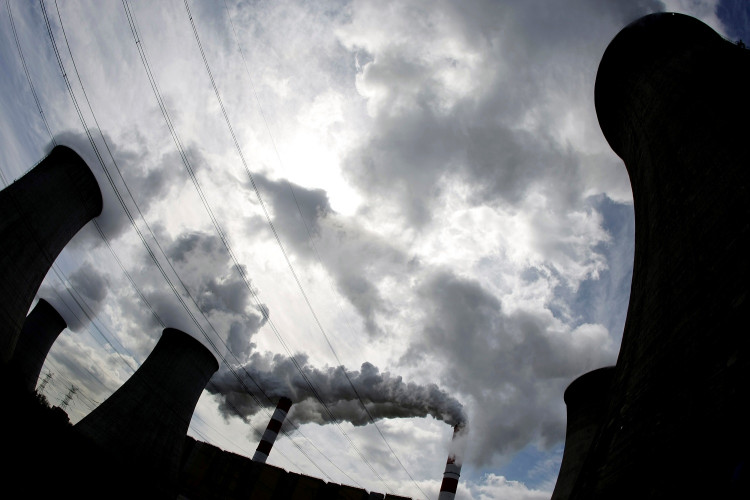Experts say that while China's year-old carbon market has given over 2,000 power plants a taste of emissions trading, design flaws and data fraud have resulted in limited large-scale greenhouse gas reductions and environmental gains.
China's much-touted Emissions Trading Scheme (ETS) is already the world's largest, regulating approximately 4.5 billion tonnes of CO2 emissions from the power industry each year. In the first year of operation, nearly 200 million tonnes of carbon changed hands for a total value of 8.5 billion yuan ($1.26 billion).
However, due to an excess of emissions allowances and uncertainties regarding the reliability of the data, trade has been relatively slow.
According to Matt Gray, co-founder of the climate think group TransitionZero, "in terms of the impact, in terms of environmental gains, clearly it's been limited."
The ETS's design is responsible for some of the criticism it has received. Free of charge, and based on industry efficiency benchmarks with a relatively low bar, emission allowances are distributed based on benchmarks for industrial efficiency rather than absolute emission amounts.
Although China's careful approach was intended to collect expertise and iron out any possible issues without placing an undue strain on its firms, environmental advantages have been modest thus far.
Other ETS, such as the second-largest in the world, in Europe, also needed time to establish themselves, but trading volumes have been steadily rising since their launch in 2005. The plan, according to the think tank Ember, reduced coal power emissions on the continent by 43% from 2013 to 2019.
Building the ETS is "complex" and "still at an early stage," according to Ministry of Ecology and Environment (MEE) spokeswoman Liu Youbin, who stated this at a briefing on Thursday. Authorities will keep making improvements.
The MEE named and shamed market participants in March for altering and fabricating test results, among other offenses, but data accuracy has remained a serious concern.
The crackdown, according to ministry spokeswoman Liu, was a successful deterrence.
Shawn He, a Beijing-based attorney who counsels businesses on carbon compliance, claims that fraud is still one of the key issues and that China hasn't fully addressed it.
"It was a good move by the regulator," said He. "But I'm afraid the penalties for such malpractices... are too small to intimidate. I hope and expect that to change with new legislation to be adopted in the near future."
Construction materials, steel, and non-ferrous metals are all prepared to join the ETS, and China hopes to expand it into additional industrial sectors as early as this year. According to Gray, this might present even greater difficulties for data accuracy.






